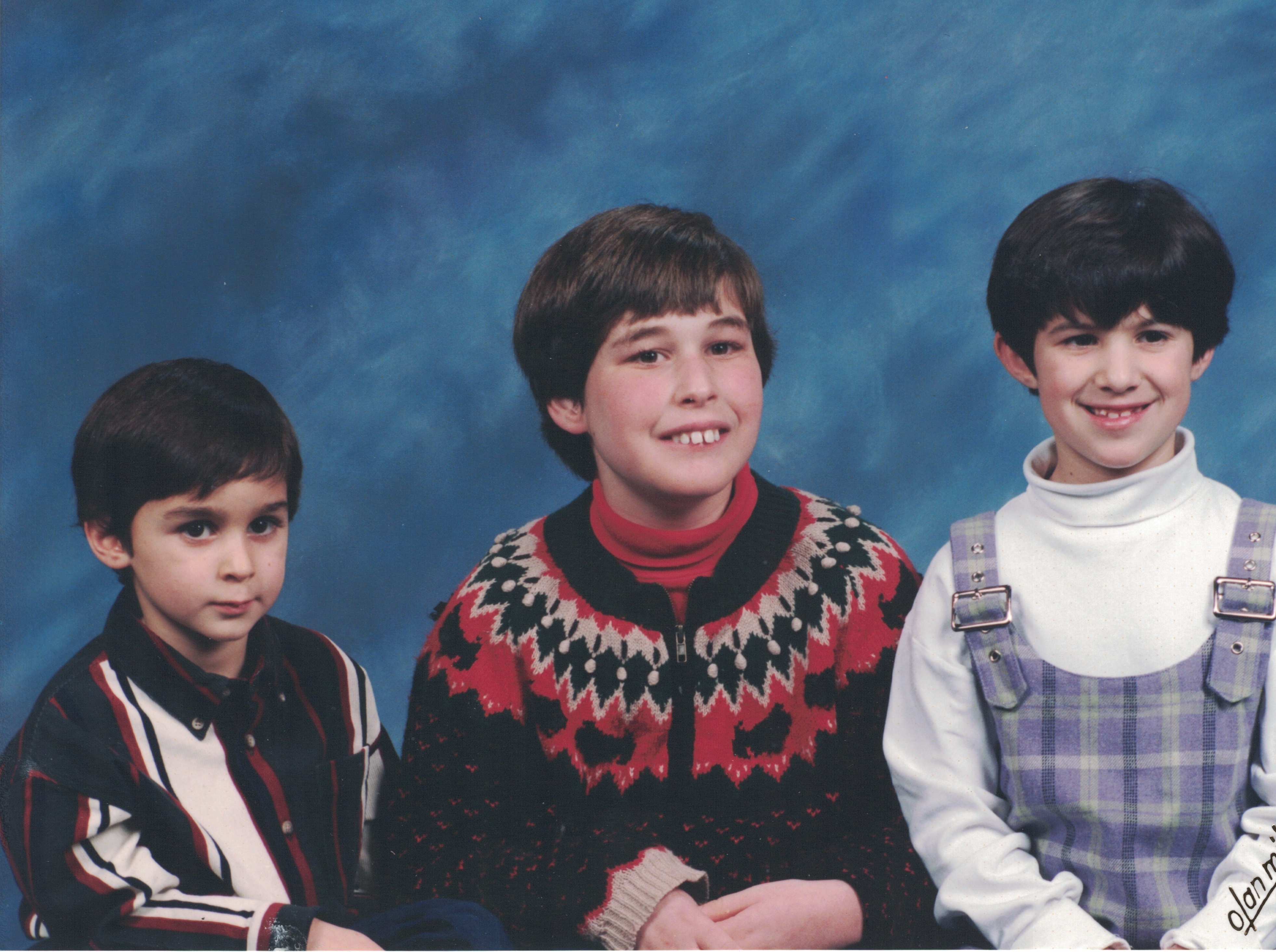Often when we give our marriage seminars, someone asks a question about siblings:
“Would they be resentful of all of the extra time we devote to our child with special needs?’,
“How much responsibility for their sibling with special needs should we place on them?”,
“How do we find balance in our families?”
This concern weighs heavily on parents; we know it did for us. Each family and every sibling are different, but as our “typically developing (TD)” children are now adults (Emily is 29, Albert is 25), we’ve had time to give this issue a lot of consideration.
While we may wish that we didn’t spend as much time worrying about their development, we are glad that it was a concern for us. Our TD children were greatly impacted by growing up with Mary as a sister and to think otherwise would have been a disservice to them. As parents, we are often guilty of thinking that a child’s disability only affects us, but that isn’t true. Our typically developing siblings shoulder a tremendous burden — even if we intentionally aren’t placing it on them. Like us, our children have felt isolated at times, gotten embarrassed by behaviors and struggle with the intolerance of others towards their sister. Sometimes, TD siblings feel pressure to be perfect or at least not to do anything that would add any additional stress to the family. They may have more responsibilities than their peer group to help out at home, because that is just the reality of their home life. In the same way that we as parents need to be honest with ourselves and acknowledge that life with a child with special needs can be difficult, our TD children have to be free to express their feelings as well. For us, our life with Mary has been hard and good … and stretching and wonderful. We’ve grown in our faith and as individuals. We have witnessed God at work countless times through Mary, but we can’t assume that this experience has been the same for our TD children. We need to talk to them and give them permission to share their feelings and own experience.
Growing up with a sibling with special needs can also produce some wonderful outcomes. Both of our TD children are incredibly empathetic, responsible, resilient, hardworking and NOT entitled. We have observed and interacted with many siblings over the years and have witnessed that kids who have a sibling with special needs are truly remarkable individuals. I’m sure there are exceptions, but honestly, they all seem to be exceptional kids!
We encourage you to talk with your TD kids. Give them the freedom and opportunity to share their feelings with you. Next week, we hope to “put our money where our mouth is” and give Mary’s siblings the “freedom and opportunity to share their feelings” … stay tuned!







Larry and I just read this and were really touched by this kind of inside information. We pray it will help mini struggling parents.